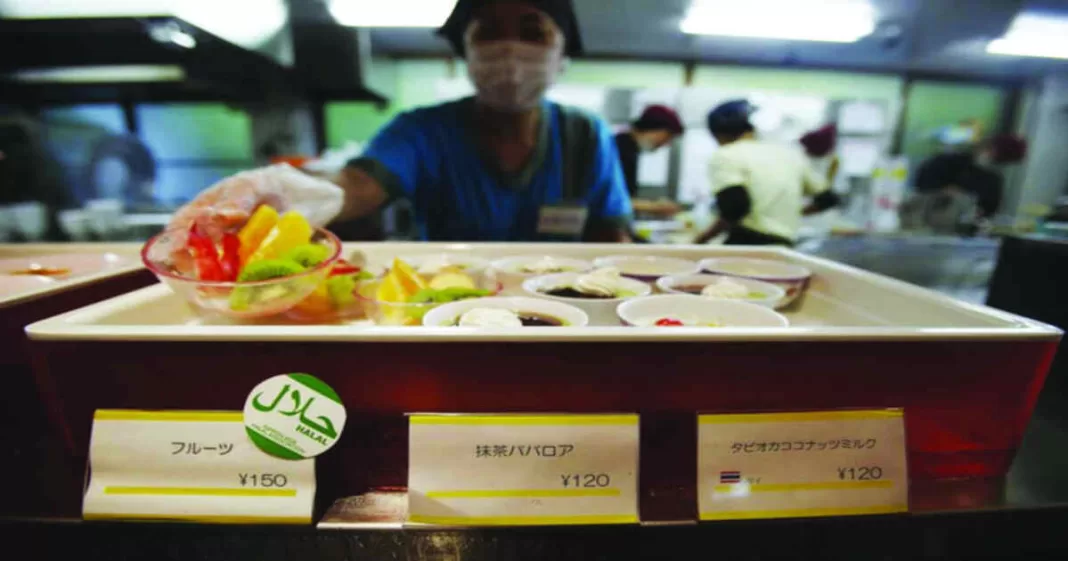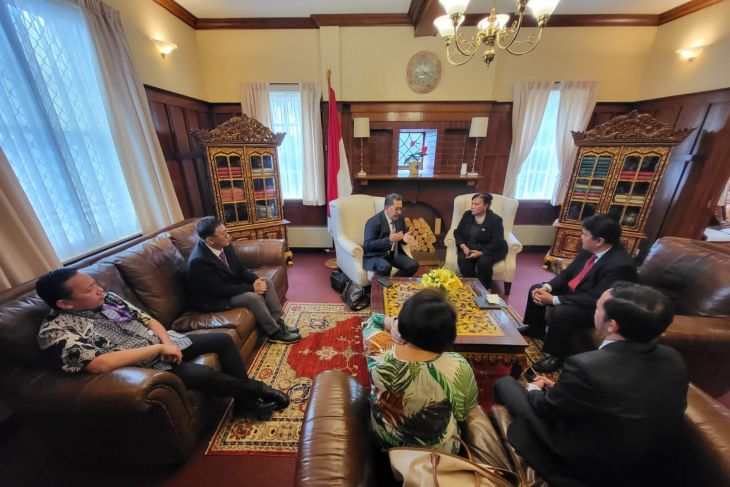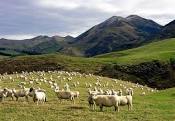Countrywide effort to acquire certification boosts presence in Muslim markets
KAORI TAKAHASHI, Nikkei staff writer

Anzco Foods’ cattle are slaughtered and processed at its halal-compliant facilities. (Photo courtesy of Anzco Foods)
SYDNEY — New Zealand is known for an economy dependent on agriculture, but it is also a leading exporter of halal meat to Muslim countries including Indonesia.
However, the growing demand for halal-compliant foods surpasses New Zealand’s supply capability, and the country is looking to partner up with others to promote the business.

Anzco Foods, a subsidiary of Itoham Foods, a Japanese meat producer and processor, has acquired certification for all seven of its processing locations in New Zealand.
Once known as Britain’s South Pacific farm, New Zealand lost its key export destination when the U.K. joined the European Community. In the 1980s, New Zealand increasingly acquired halal certifications in a bid to expand into the Middle East and Southeast Asia.
New Zealand exports about 90% of its agricultural products — a significant achievement for a country with a population of 4.7 million. Its food self-sufficiency rate is 185%. Japan, another small island nation, only manages 39%. According to Silver Fern Farms, focusing on halal was the rational choice for its entire organization.
Promising market
Currently, the entire production of mutton and beef in New Zealand, as well as 90% of chicken, is halal-certified, said Bruce Baillie, alliance leader for food supply and services at PricewaterhouseCoopers, in a recent interview with The Nikkei. The food-supply market specialist participated in a joint meeting of the Japan New Zealand Business Council held in Wellington in late November.
Baillie stressed that Japan has the potential to be a major supplier of halal products. Japan, like New Zealand, is a small country and exporting high-value-added added products will be crucial to grow its economy. With halal consumers accounting for a third of the world’s population, Baillie said New Zealand cannot satisfy growing demand. He suggested that New Zealand could provide know-how to Japan.
Japan is experiencing a tourism boom and expects more visitors when it hosts the Rugby World Cup in 2019 and the Summer Olympics in 2020. Opportunity in the halal market exists. For example, the city of Rotterdam in the Netherlands has made its entire port a halal-compliant location. Unique strategies can be used to cater to these customers.



